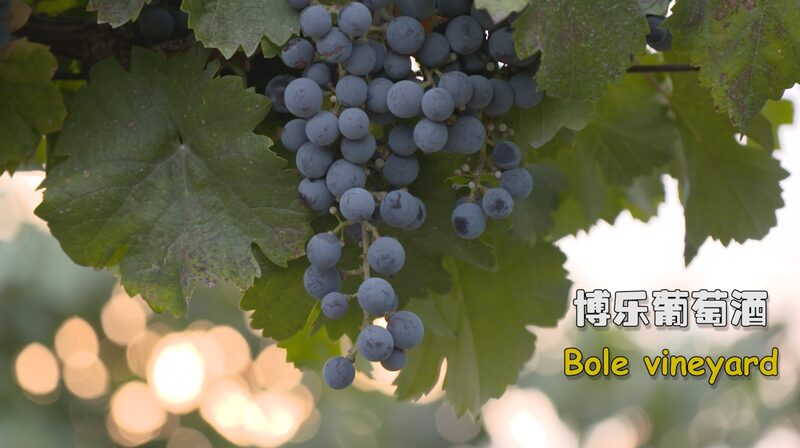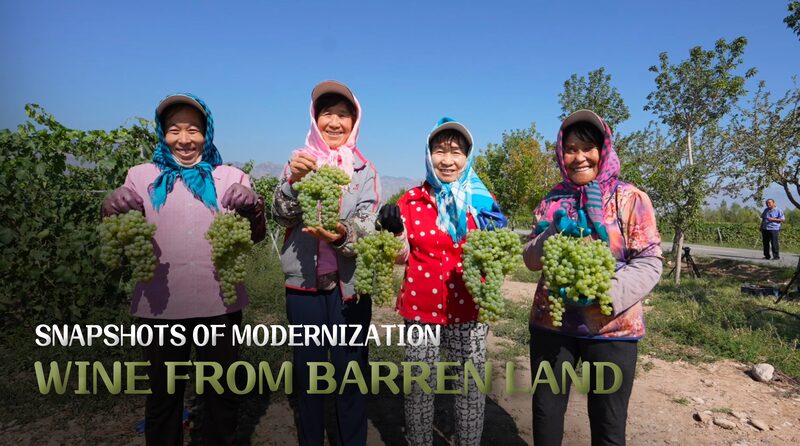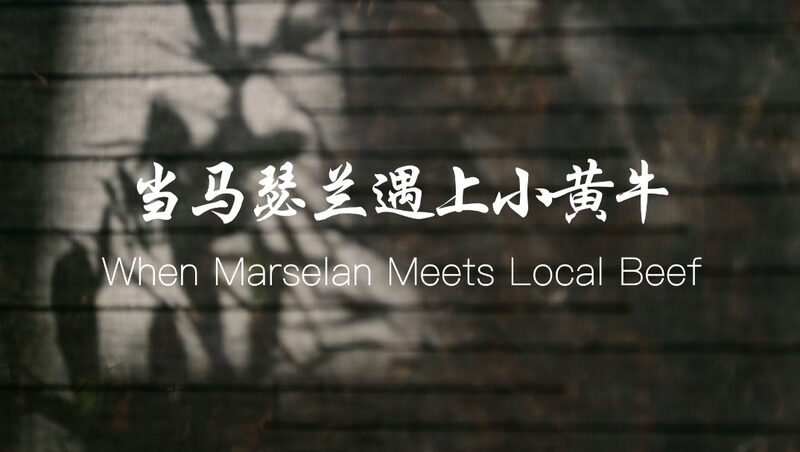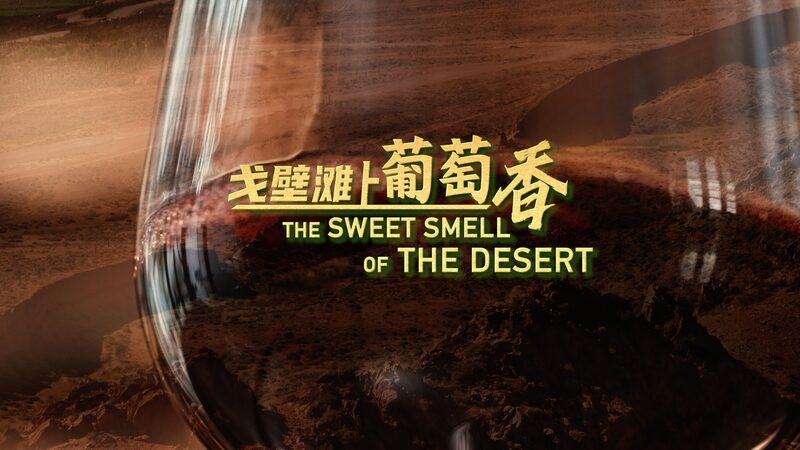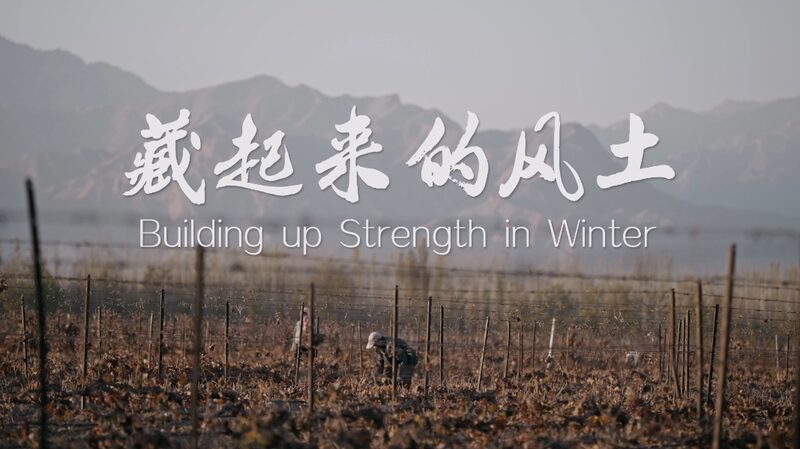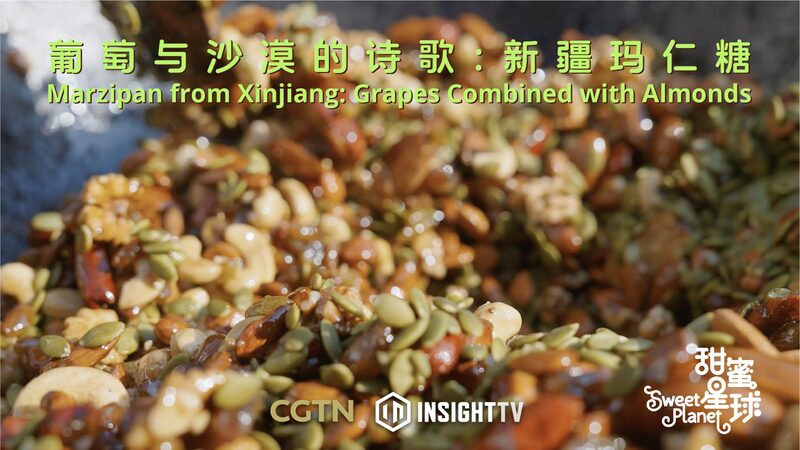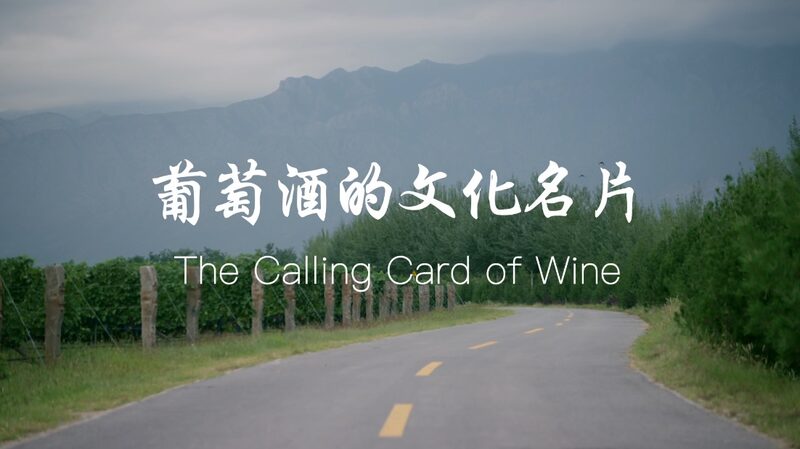In the far northwest of China lies the Xinjiang Uygur Autonomous Region, a land where the sun-drenched days and fertile soil create the perfect environment for grape cultivation. This region, often celebrated for its rich cultural tapestry, is now gaining recognition for another treasure: its burgeoning wine industry.
Bole, a city nestled in the heart of Xinjiang, has become a focal point for viniculture enthusiasts and investors alike. The unique climate conditions—characterized by long sunshine hours and significant temperature differences between day and night—enable the grapes here to develop a distinct flavor profile that’s highly sought after in winemaking.
Remarkably, Xinjiang contributes to one-fifth of China’s total grape output, solidifying its position as a cornerstone of the nation’s viticulture. Grapes have become more than just a crop; they’re a pillar of the local economy. The vast vineyards stretch as far as the eye can see, and during harvest season, they bustle with activity.
One prominent company in Bole exemplifies this agricultural success. With an annual production capacity exceeding 1,000 tons of red wine, it stands as a testament to the region’s potential. This enterprise doesn’t just produce wine; it provides livelihoods, offering seasonal employment to over 10,000 people. For many local residents, the vineyard is not just a workplace but a community hub that fosters economic growth and social cohesion.
The impact of the wine industry extends beyond economics. It has spurred interest in agro-tourism, attracting visitors eager to experience the vineyards firsthand. Travelers and cultural explorers are drawn to Bole to taste the wines, tour the facilities, and immerse themselves in the local traditions that surround grape cultivation and winemaking.
Academics and researchers are also turning their attention to Xinjiang’s viticultural advancements. Studies on sustainable farming practices, climate adaptation, and economic development are contributing to a deeper understanding of how regions like Bole can thrive in a globalized economy.
As global demand for quality wine continues to grow, Xinjiang’s vineyards are poised to make a significant mark on the industry. The fusion of traditional cultivation methods with modern technology is propelling the region forward, offering lessons in innovation and sustainability.
The story of Bole and its vineyards is one of transformation. What was once a remote area is now a vibrant hub of agricultural excellence, symbolizing the dynamic change occurring across Asia’s economic and cultural landscapes. For the people of Xinjiang, the humble grape is more than just a fruit—it’s a symbol of prosperity and a bridge connecting them to the wider world.
Reference(s):
cgtn.com
